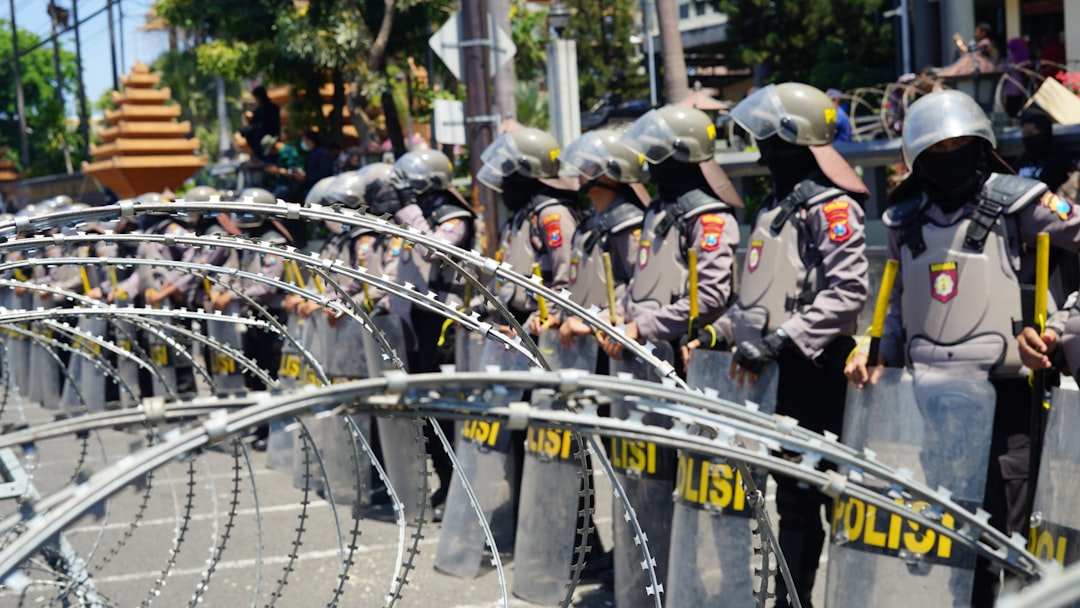Fortress Thailand: Are Closed Borders A Solution, or a Symptom of a Broken System?
Few events expose the contradictions of modern borders like the closure of a lifeline. As news breaks—Border confusion as Thailand shuts land crossings with Cambodia—the question isn’t just about missed transit or stranded families, but the ethics of how, why, and for whom borders exist. Border closures reveal more than governmental authority: they lay bare unresolved tensions between security, economics, and human rights.
Barriers or Lifelines? The Battle Over Border Crossings
Despite what policymakers assert, border crossings aren’t simply lines in the sand—they’re arteries of survival and commerce. For decades, the Thai-Cambodian border has allowed millions to trade, seek work, or reunite with loved ones. Its closure isn’t just a bureaucratic move; it’s a seismic shock to human lives.
Key Perspectives at Odds:
| Stakeholder | Perspective | Interests/Concerns | Consequences of Closure |
|---|---|---|---|
| Thai Government | Security and Disease Control | Preventing illegal entry, trafficking | Political gain, economic loss |
| Cambodian Workers | Economic Imperative | Jobs, remittances, family survival | Unemployment, family separation |
| Local Communities | Stability vs. Opportunity | Public health, safety, commerce | Social unrest, loss of income |
| Human Rights Advocates | Ethical and Legal Responsibility | Freedom of movement, humane treatment | Advocacy, legal challenges |
“A border is not a wall; it is a membrane through which people, goods, and ideas must flow for nations to thrive.”—Anonymous Migration Expert
The Economics of Exclusion: Who Really Pays?
Contrary to the rhetoric of "protection," closures devastate the most vulnerable. Cross-border labor is foundational: over 1.5 million Cambodians work in Thailand, sending home vital remittances. When crossings slam shut, daily wage earners and their families plummet into crisis. Yet, smugglers and traffickers profit off desperation, exploiting chaos and confusion.
Pros and Cons of Tightened Border Policies
| Argument For Closure | Argument Against Closure |
|---|---|
| Enhances national security | Increases illegal crossings, trafficking |
| Controls infectious disease spread | Disrupts families and local economies |
| Reduces human trafficking (theoretically) | Often shifts the problem underground |
| Political popularity with nationalist base | Damages international reputations |
Surprise Statistic:
Border closures following health scares (e.g., COVID-19) did little to curb transmissions long-term, according to WHO data, but did spike poverty and illegal crossings.
Culture and History: The Fluid Thai-Cambodian Frontier
The lines between Thailand and Cambodia are more colonial artifact than natural barrier. For centuries, this region thrived as a crossroads—shared families, languages, and hybrid cultures. To pretend a sudden, hard closure can erase those bonds is to ignore history.
“If you have a Cambodian grandmother and a Thai father, where do you belong when the border closes?” — Seng, market vendor, Aranyaprathet
Technology and Surveillance: The Futility of Control
Advocates tout biometric scanners and surveillance drones as “solutions.” Yet, the technology arms race ultimately pushes crossings further underground, making migrants more vulnerable to exploitation. As history shows—no digital wall is perfectly secure, but every hard border creates ingenious new forms of resistance.
Unequal Burdens, Global Mirrors
Thailand’s actions echo a global pattern: the world is deglobalizing, with over 70 countries erecting new restrictions since 2020. Richer citizens find workarounds—business class flights, “border bubbles”—while the poor get stuck or scapegoated.
Public Opinion Snapshot:
Surprisingly, a 2023 survey found 65% of Thais supported stricter borders, but only 32% believed they would actually be effective at stopping real problems (Source: Bangkok Post poll).
Conclusion: Symptoms vs. Solutions
Closing borders may be popular, but it’s a blunt, outdated tool for complex problems. True security—and dignity—comes not from shutting doors but from cooperation, investment, and compassion. In the end, the greatest confusion isn’t at the border itself, but in believing that exclusion is the remedy for uncertainty.
This article was inspired by the headline: 'Border confusion as Thailand shuts land crossings with Cambodia'.

Comments
No comments yet. Be the first to comment!